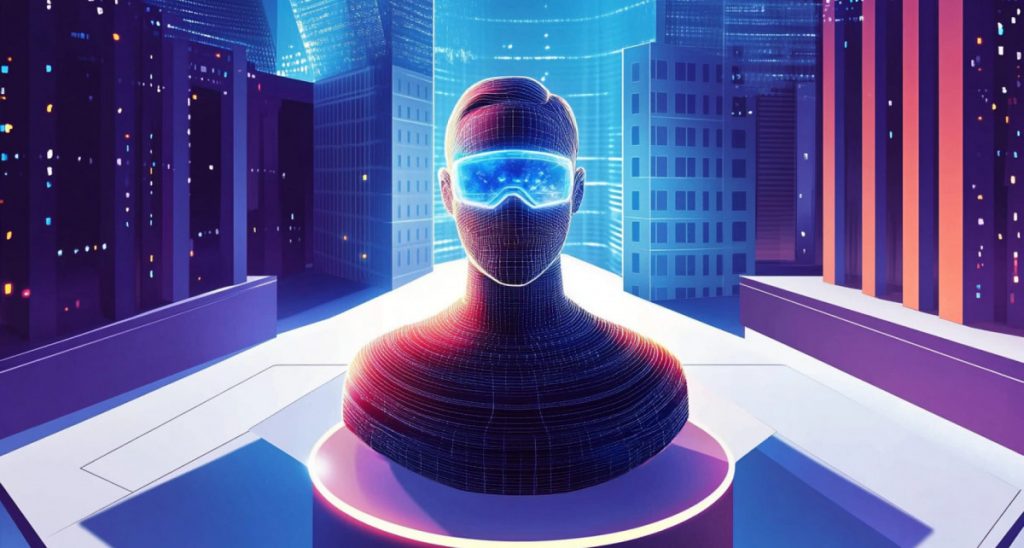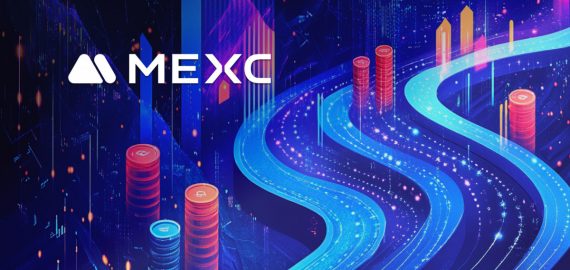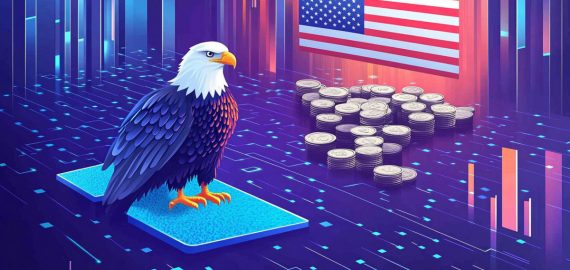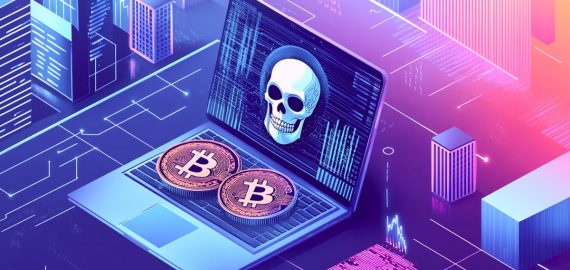Sam Altman Publishes ‘Observations’ On AI Economics, Offering Insights Into Scaling, Cost Reduction, And Societal Transformation


In Brief
Sam Altman’s article “Three Observations” outlines the economic dynamics of AI, highlighting improvements driven by increased investment, cost reduction, and the societal impact AI will have, including reshaping industries and empowering individuals.

CEO and co-founder of the artificial intelligence research organization OpenAI, Sam Altman, published an article titled “Three Observations,” in which he shares insights on the economic dynamics of AI amid its fast advancements.
Sam Altman explains that the intelligence of an AI model is approximately proportional to the logarithm of the resources allocated for its training and operation. These resources primarily include computing power for training, datasets, and processing power for inference. His observations suggest that increasing financial investment leads to continuous and predictable improvements, as supported by well-established scaling laws that hold across multiple magnitudes.
Additionally, the cost associated with using AI at a specific capability level decreases by a factor of 10 roughly every 12 months. This price reduction drives higher adoption. A clear example of this trend can be seen in the token pricing for OpenAI’s models, where the cost per token for GPT-4 in early 2023 sharply declined—by approximately 150 times—by the release of GPT-4o in mid-2024. In comparison, Moore’s Law, which influenced technological progress, predicted a doubling of transistor density every 18 months; the observed cost reduction in AI is occurring at an even more fast pace.
Moreover, Sam Altman highlights that even a linear increase in AI intelligence generates exponential socioeconomic value. This pattern suggests that there is no foreseeable limit to the exponential growth in AI-related investments in the near future.
OpenAI CEO emphasizes that if these three trends persist, the societal impact of AI will be profound.
The Long-Term Impact Of AI Evolution: An Unavoidable Transformation Of Society
The article also highlights OpenAI’s commitment to fully deploying AI Agents—intelligent systems designed to assist in various business applications. Over time, thousands of these agents are expected to become widely adopted, functioning as virtual collaborators across industries. While early versions may have limitations in performance, they are still expected to integrate into multiple sectors and contribute to reshaping the global economy.
In an economic sense, AI could resemble the transistor—a scientific discovery that scales efficiently and permeates nearly every aspect of the economy. Today, people rarely think about transistors or the companies that manufacture them, yet their impact is deeply embedded in everyday technologies, from computers and televisions to automobiles and toys, Sam Altman notes. Similarly, AI’s influence may become widespread and deeply integrated, even if it operates largely in the background.
Despite these advancements, change will not happen overnight. Daily life in 2025 will likely resemble that of 2024 in many ways. However, the long-term effects of AI’s evolution will be impossible to ignore, gradually reshaping society and the economy in fundamental ways.
As AI advances, people will discover new ways to contribute, interact, and compete, though these roles may look quite different from today’s jobs. Skills such as adaptability, resilience, and strategic decision-making will become increasingly valuable. The ability to determine meaningful goals and navigate an evolving world will be crucial. Artificial General Intelligence (AGI) will act as a tool for human ambition, amplifying individual capabilities rather than diminishing them.
The impact of AGI will not be uniform across industries. Some sectors may see minimal disruption, while others—particularly in scientific research—could experience an unprecedented acceleration of progress. This technological shift may surpass all other economic and societal transformations.
Sam Altman highlights that as AI becomes more efficient, the cost of many goods is expected to decline. Currently, the expense of intelligence and energy serves as a limiting factor in various industries, but as these costs decrease, production efficiency will improve. Meanwhile, luxury goods and scarce resources, such as land, may become even more expensive due to their inherent limitations.
By 2035 Individuals Could Have Access To The Collective Intellectual Power Of The 2025 Population
From a technical standpoint, the path forward for AGI appears relatively clear. However, public policy and societal attitudes will play a crucial role in shaping its integration. OpenAI’s approach of releasing products early and iterating frequently is intended to allow both society and technology to evolve together, ensuring a smoother transition into an AI-driven future.
Ensuring that the advantages of AGI are widely shared is a crucial consideration. Historically, technological progress has led to overall improvements in key areas such as health and economic prosperity. However, greater equality does not automatically follow from technological advancements, meaning that deliberate efforts and innovative approaches may be necessary to achieve a fair distribution of benefits.
One potential challenge is the shifting balance of power between capital and labor. Without thoughtful intervention, these dynamics could become imbalanced. To address this, unconventional solutions may be worth exploring. For example, OpenAI has considered ideas such as allocating a “compute budget” to ensure that everyone has access to advanced AI capabilities. At the same time, simply working to drive down the cost of AI intelligence as much as possible could naturally lead to broader accessibility.
Ideally, by 2035, individuals should be able to harness the collective intellectual power of an entire population from 2025, Sam Altman points out. The goal is to provide universal access to vast intelligence, allowing people to direct it toward whatever ambitions or creative pursuits they envision. Many talented individuals today lack the necessary resources to fully realize their potential. If this gap is addressed, the resulting wave of creativity and innovation could generate immense benefits for society as a whole.
Disclaimer
In line with the Trust Project guidelines, please note that the information provided on this page is not intended to be and should not be interpreted as legal, tax, investment, financial, or any other form of advice. It is important to only invest what you can afford to lose and to seek independent financial advice if you have any doubts. For further information, we suggest referring to the terms and conditions as well as the help and support pages provided by the issuer or advertiser. MetaversePost is committed to accurate, unbiased reporting, but market conditions are subject to change without notice.
About The Author
Alisa, a dedicated journalist at the MPost, specializes in cryptocurrency, zero-knowledge proofs, investments, and the expansive realm of Web3. With a keen eye for emerging trends and technologies, she delivers comprehensive coverage to inform and engage readers in the ever-evolving landscape of digital finance.
More articles

Alisa, a dedicated journalist at the MPost, specializes in cryptocurrency, zero-knowledge proofs, investments, and the expansive realm of Web3. With a keen eye for emerging trends and technologies, she delivers comprehensive coverage to inform and engage readers in the ever-evolving landscape of digital finance.



















































